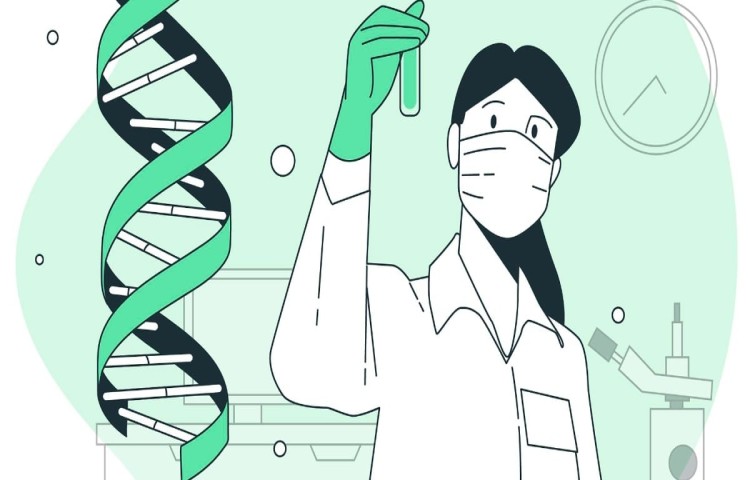“State Directed to Formulate Comprehensive SOP for Collection of DNA Samples of Children Surrendered for Adoption”: Kerala High Court
July 12, 2024 2024-07-13 6:36“State Directed to Formulate Comprehensive SOP for Collection of DNA Samples of Children Surrendered for Adoption”: Kerala High Court

“State Directed to Formulate Comprehensive SOP for Collection of DNA Samples of Children Surrendered for Adoption”: Kerala High Court
By Astha Bhumish Shah
Kerala High Court has ordered the State government to form a comprehensive SOP regarding collection of DNA samples of children, before declaring them legally free for adoption. The present case was taken up suo moto by the Court based on a report of the Victims Rights Centre under the Kerala State Legal Service Authority. It was submitted that at the prosecution’s request, to gather evidence in rape and sexual assault cases, various courts ordered the collection of blood samples from children born to rape victims and given up for adoption. The report claimed that these actions would violate the children’s privacy and the confidentiality of the adoption process. The High Court had earlier ordered the lower courts to not entertain any applications seeking DNA examination of children given in adoption.
The Court asked the amicus curiae two questions – firstly, whether a blanket ban against DNA test of children born to rape victims would affect the rights of the accused for a fair trial and secondly, what is the operating procedure followed by the authorities after collection of DNA samples of children. It was submitted by the Amicus that there is a long list of judgments of the Kerala High Court which hold that a DNA test of the child is inconsequential in offences of rape. If the DNA test is negative, that is not reason enough to hold that the alleged act had not taken place. The issue in question should be whether the consent of the victim was violated. The Amicus further relied on the High Court’s judgment in Subash v. State of Kerala which held that seeking DNA test of a child given in adoption amounted to violation of the child’s fundamental right to privacy and the Supreme Court’s judgment in Lakshmi Kant Pandey v Union Of India wherein it was held that the child given for adoption should not be traced at any point. It was observed that Regulation 39 of the Adoptions Regulations, 2022 says that DNA sample collection of the child should be completed within the stipulated time to avoid harassment to the adopting families, however, it does not empower the Child Welfare Committee to collect samples. Hence, if the biological parent before surrendering the child does not consent to a DNA test, it cannot be done. Additionally, the guidelines recognise consent of everyone above the age of 12, thus children above 12 years can consent to the test themselves. Finally the amicus submitted that an effective SOP by the State would ensure uniformity and avoid ambiguity.
The Bench then appointed a defence lawyer to assist the Court regarding the perspectives of state with regards to defence for the same. The case has been posted next on 1 August 2024. (Suo Motu v. State of Kerala – Crl. M. C. 5136/ 2023)









